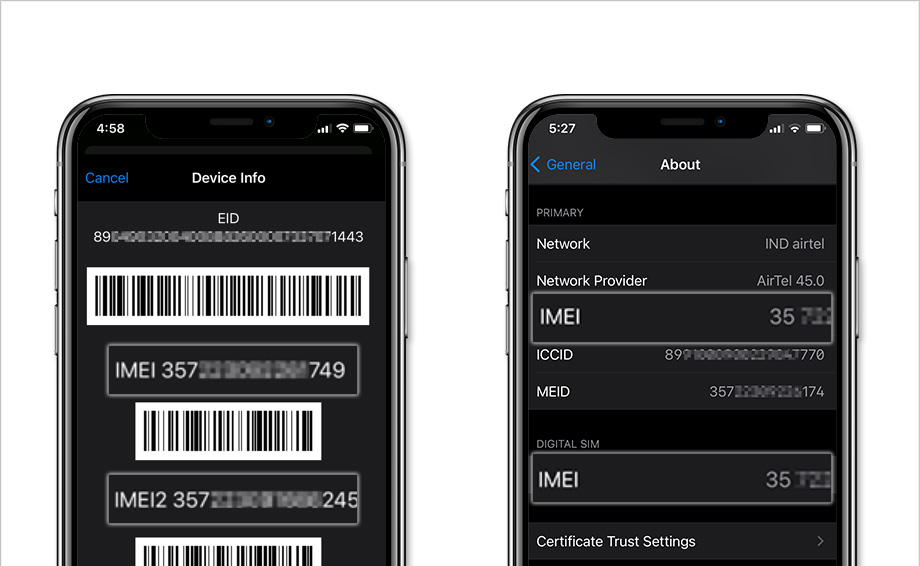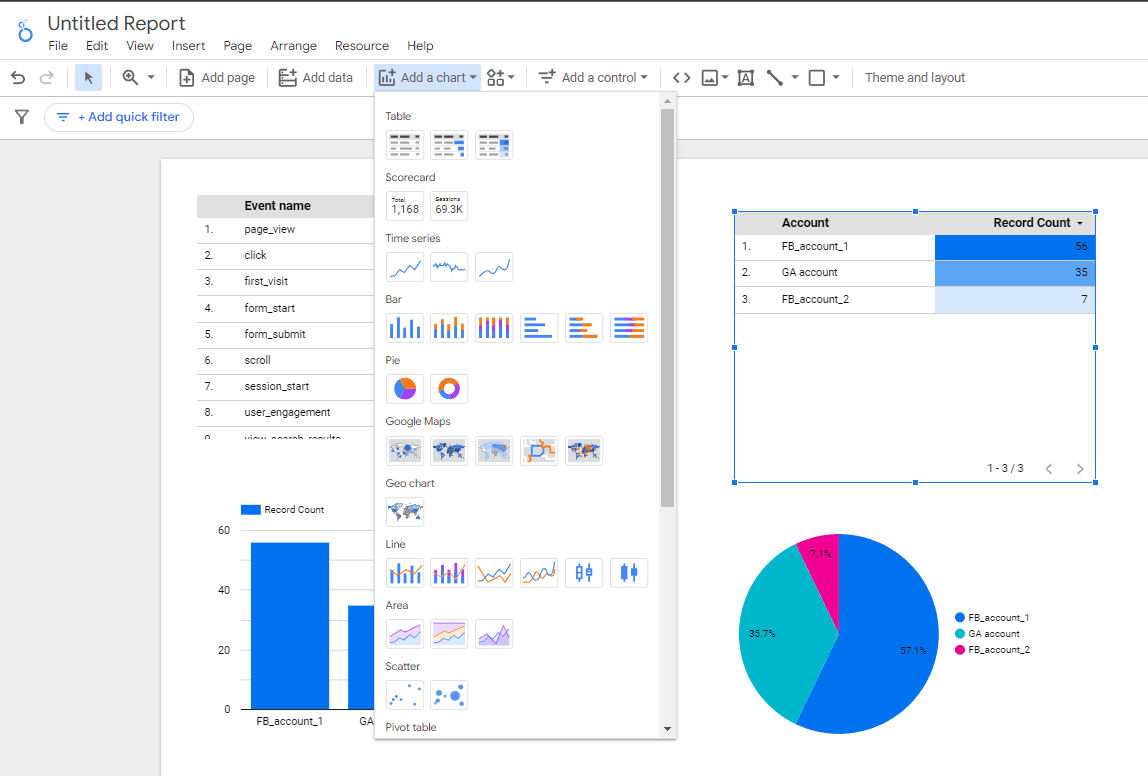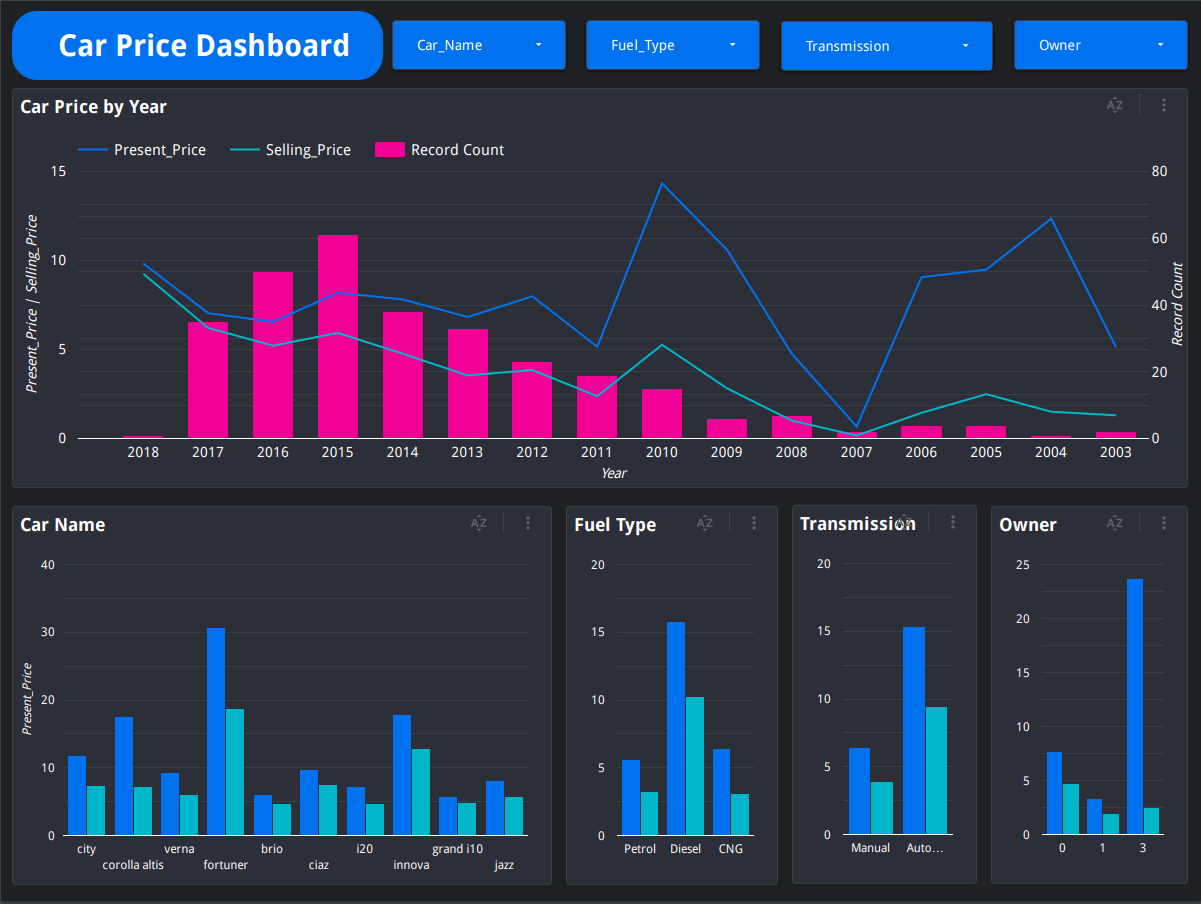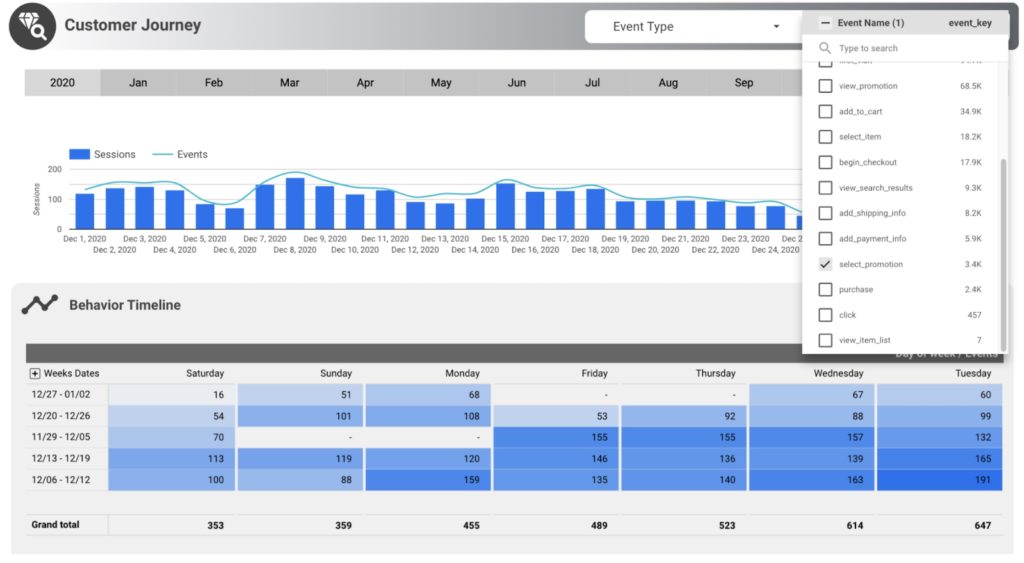The online marketplace is under attack from every direction online. Anyone interested in protecting their customers’ data and their digital footprints must be aware of a few methods for improving security.
They must invest more effort to make their information websites, stores, and data safer. This is the most crucial thing that websites that handle information about customer transactions should do.
When an online site is live, ensuring a secure experience for shoppers is not a one-time event. Ensuring your site is operational, and functioning requires regular examination of any security flaws and routine maintenance.
In the fight against the security challenges of the day, it is among the most effective ways to minimize cybersecurity risk, protect customer data, and limit the potential loss that could arise from cyber-crime.
To increase security from cyber-attacks and keep customer data secure, here are the things that any online retailer must strive to achieve.
1 – Monitor your passwords
One of the most common ways for hackers to access your accounts and steal important information is to effortlessly cover your passwords with gauze and log in.
In a survey conducted by Harris Interactive, it has been found that at the very least, 59% of companies confess to using only one password, as it’s not difficult to remember them all. In addition, 54 percent of Americans admit to having bad password habits, and they should be changing their habits.
It is best not to use the same password for all internal systems, including admin accounts and public-facing logins. Set a routine to create a different password for each account and frequently set up a timer for changing your passwords.
Use an online password manager to generate passwords using an encryption vault. Your website can only be accessible locally and by users who have an account with a master password. This ensures that a password unique to your site is created for each site and every online store user.
2. Encrypt your website
SSL encryption during the checkout process is the most reliable method to secure your website. Many changes are underway to improve the security of websites. For example, an update released by Google Chrome seeks to make the browser more secure and straightforward to use.
When using Chrome, users will be alerted when they visit websites that try to collect data from customers using forms if the site is not properly encrypted. Shopify and other e-commerce platforms use SSL across their pages and websites to keep online shopping secure and safe.
3- Hire Cyber Security Specialists
Specialists in Cybersecurity are experts who carry out security audits across various servers and computer systems employed by an organization.
Today, businesses are hiring experts in cyber security with certificates in Cybersecurity. They keep track of their systems for information and databases.
Because e-commerce businesses must manage a vast amount of sensitive customer information, hiring security specialists for computer systems reduces the risk of network infrastructure and helps ensure customer information security.
4. Enforce two-factor authentication
Two-factor authentication is being suggested by most SaaS platforms that deal with e-commerce to improve security.
When your website uses two-factor authentication, the user must prove that they are who they claim to be by providing more details and login confirmation via various SMS, phone, or email.
It is possible to set two-factor authentication on your website or eCommerce platforms such as Shopify for all of your social media accounts and any other application for a business you might be using.
5. – Take advantage of all the available security options
In the majority of cases, applications will always have security features. It is essential to implement these features on your site. But, it is necessary to implement additional security measures. It is essential to know the other security features available in the software and utilize them to their fullest in conjunction with the security you have put in place.
To increase productivity in your business, permit employees to work anywhere. There are a variety of technologies that can be used to enable remote work. But, before implementing them, it is essential to make sure that these methods are secure.
6 – Only store customer information you require
The information you gather from your customers must remain within your databases. It is essential only to hold relevant information to run your business. Do not keep more information than you require to run your business efficiently.
There is an increasing need for regulations regarding data privacy, which means it is crucial to adopt a business strategy that balances the security of your customers, customer experience, and ease of use.
You can divide your network to safeguard essential data that customers supply. Installing firewalls and conducting site audits are recommended to ensure that your security measures are working correctly. Be sure to ensure that all safeguards are set up and functioning efficiently.
7 – Change your website to HTTPS
Another method to ensure that your website is secure from cyber-attacks is to use secure HTTPS hosting. This can enhance the security of your website. It is essential to be aware that Google typically favors HTTPS websites for organic search rankings, along with other major search engines.
If you own an HTTPS website, it’s an asset to your marketing team since the site is thought to be safe for visitors. The presence of HTTPS sites gives positive confidence signals to customers and visitors.
8 – Review plugins and third-party integrations
First, you must take inventory of every third-party solution that you’ve got on your site.
You should know what plugins are being used for, where they appear on your site, and if you will continue to use the plugins on your website.
Eliminate any plugin integrations on your store that you’re not using or are insecure. This will allow only a handful of parties too can access customer information when you are trying to expand your business.
Final Thoughts
You must ensure that your business is secure and safe from cybercrime.
To prevent any cyber threat or attack, you should prepare a security plan for your online store—mehod for updating your website to ensure that your company’s security and customers are always assured.
Make sure both you and your client service team are prepared to deal with common dangers. Establish a straightforward procedure for checking the authenticity of customer requests and changes to their accounts or orders. With these cyber security precautions, you can ensure your customers’ security when they visit your store online regularly.


 Entertainment4 years ago
Entertainment4 years ago
 Sports4 years ago
Sports4 years ago
 Fashion4 years ago
Fashion4 years ago
 Business4 years ago
Business4 years ago
 Fashion4 years ago
Fashion4 years ago
 Business4 years ago
Business4 years ago
 Entertainment3 years ago
Entertainment3 years ago
 Business3 years ago
Business3 years ago






 Setting up your Looker Studio workspace is the first step towards optimizing your data analysis workflow. Start by customizing your dashboard layout to fit your needs, whether you prefer a grid layout or a more freeform design.
Setting up your Looker Studio workspace is the first step towards optimizing your data analysis workflow. Start by customizing your dashboard layout to fit your needs, whether you prefer a grid layout or a more freeform design. hen diving into Looker Studio for the first time, it can be overwhelming trying to figure out where to start.
hen diving into Looker Studio for the first time, it can be overwhelming trying to figure out where to start. Creating stunning dashboards and reports in Looker Studio can seem like a daunting task for beginners, but with the right tips and tricks, you can easily master this powerful data visualization tool. Start by carefully selecting the data sources you want to include and organizing them logically.
Creating stunning dashboards and reports in Looker Studio can seem like a daunting task for beginners, but with the right tips and tricks, you can easily master this powerful data visualization tool. Start by carefully selecting the data sources you want to include and organizing them logically. In conclusion, Looker Studio offers a variety of features and functionalities that can help beginners get started on their data analytics journey.
In conclusion, Looker Studio offers a variety of features and functionalities that can help beginners get started on their data analytics journey.

